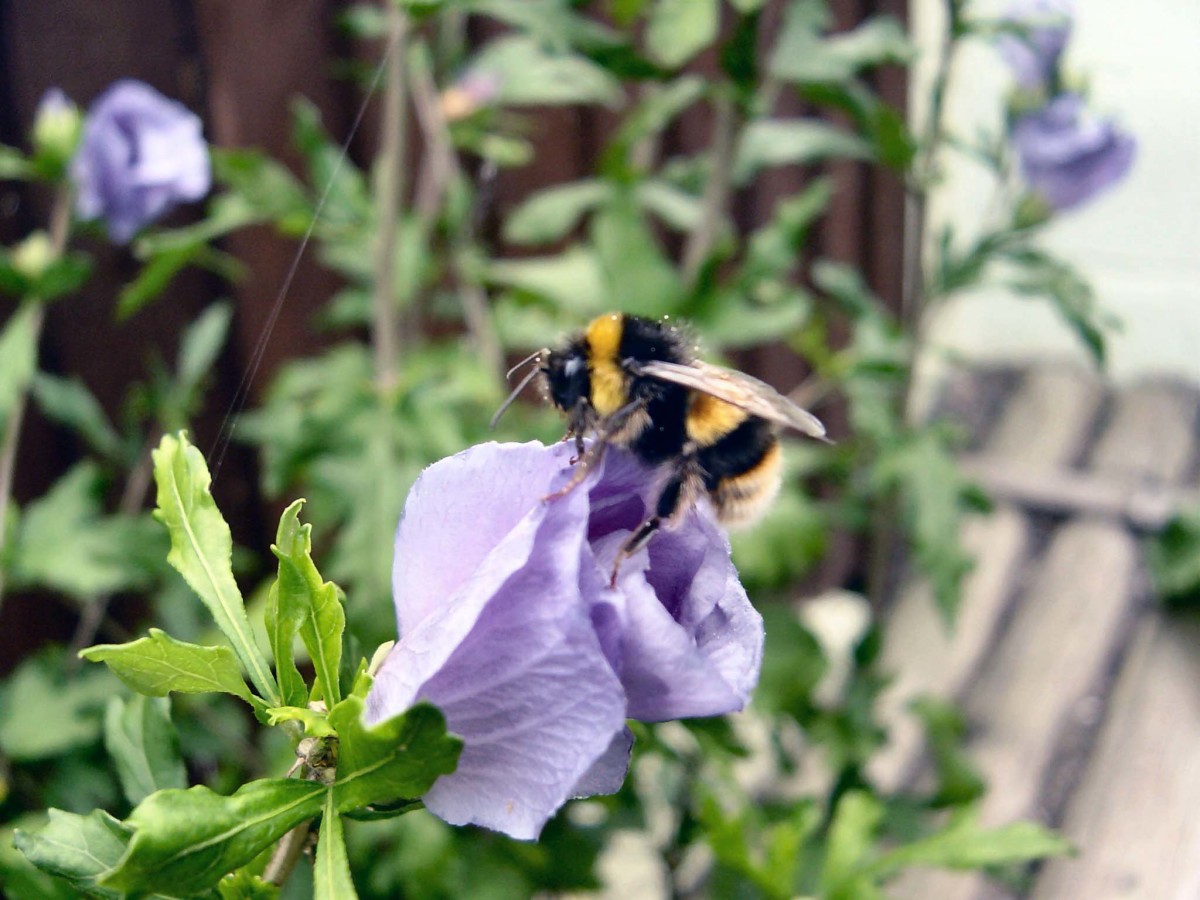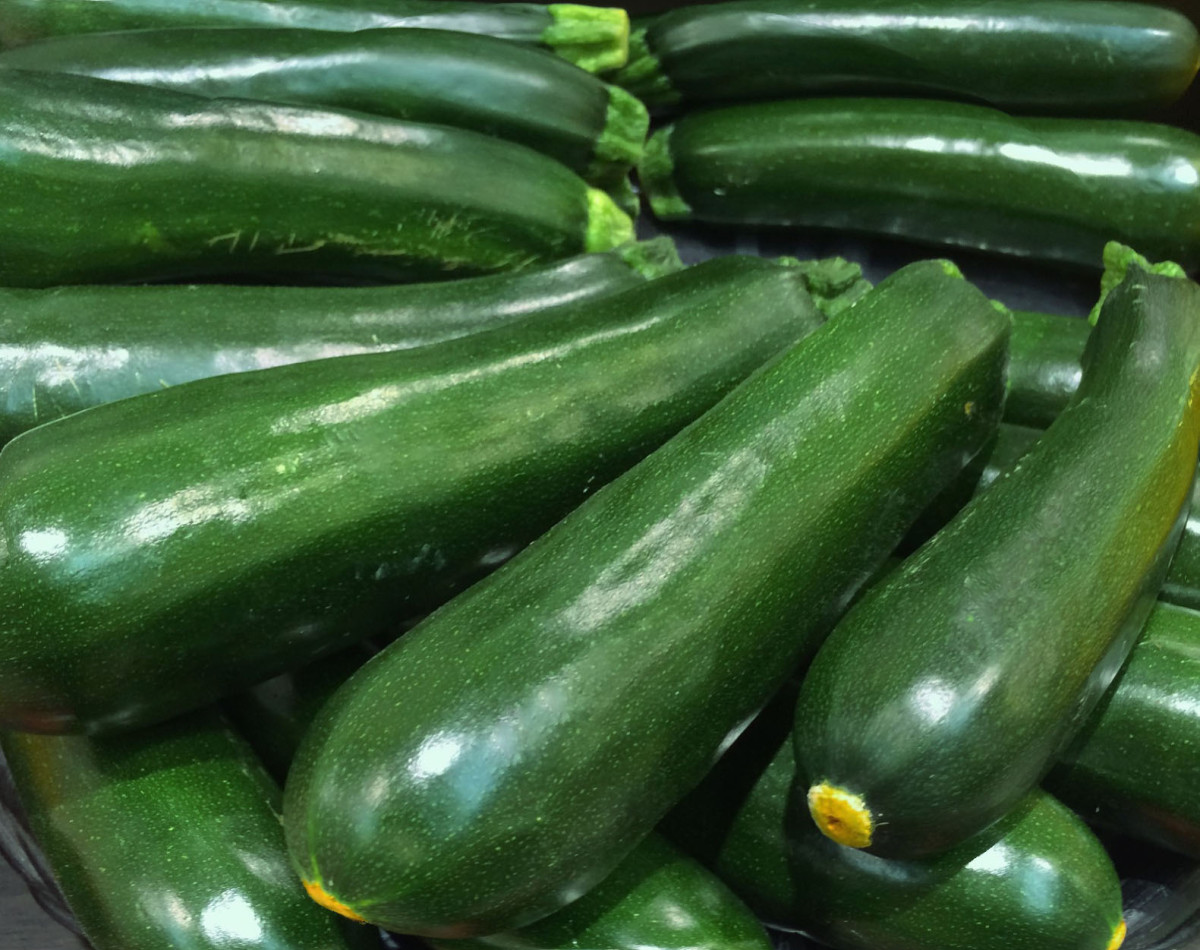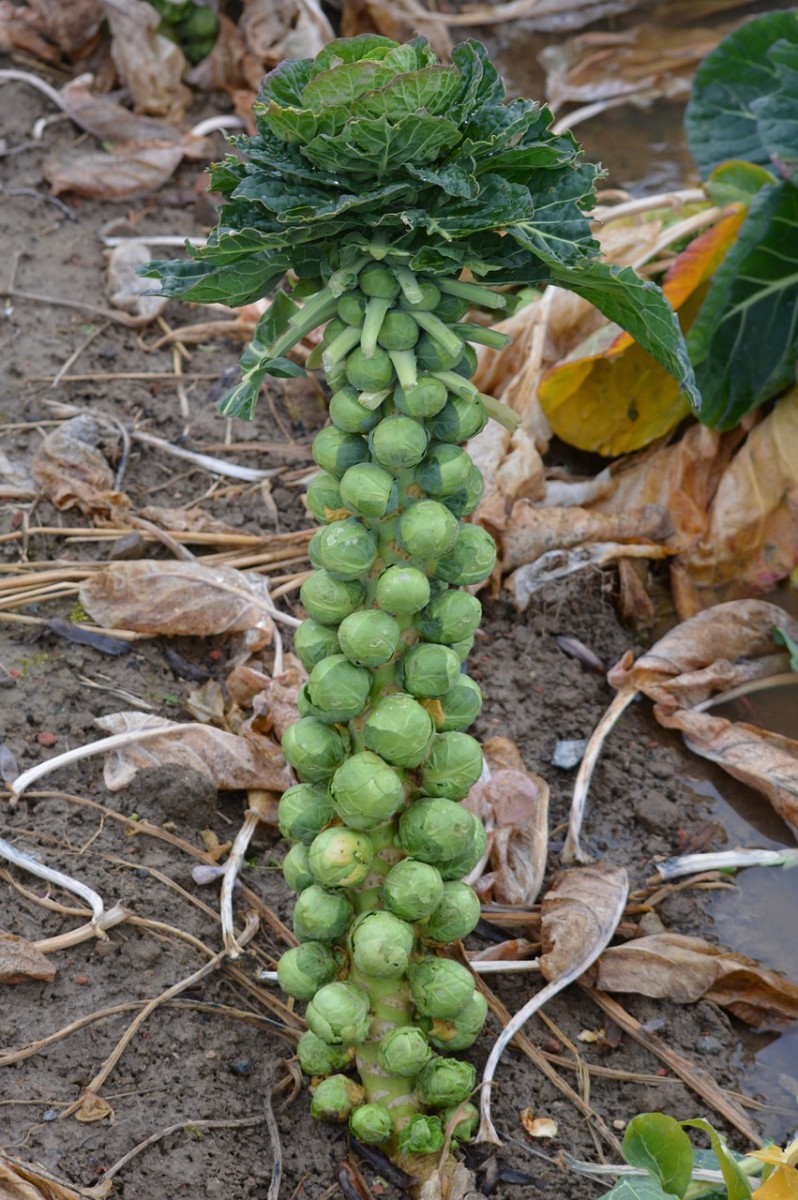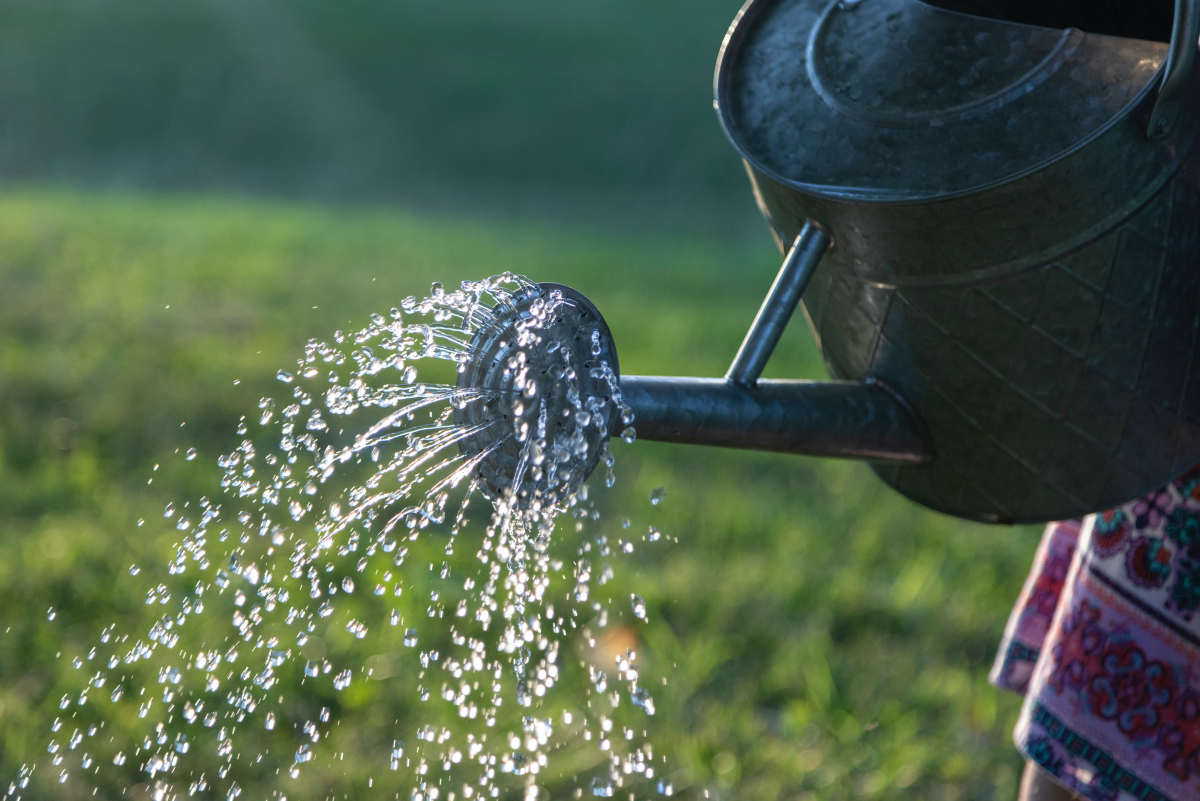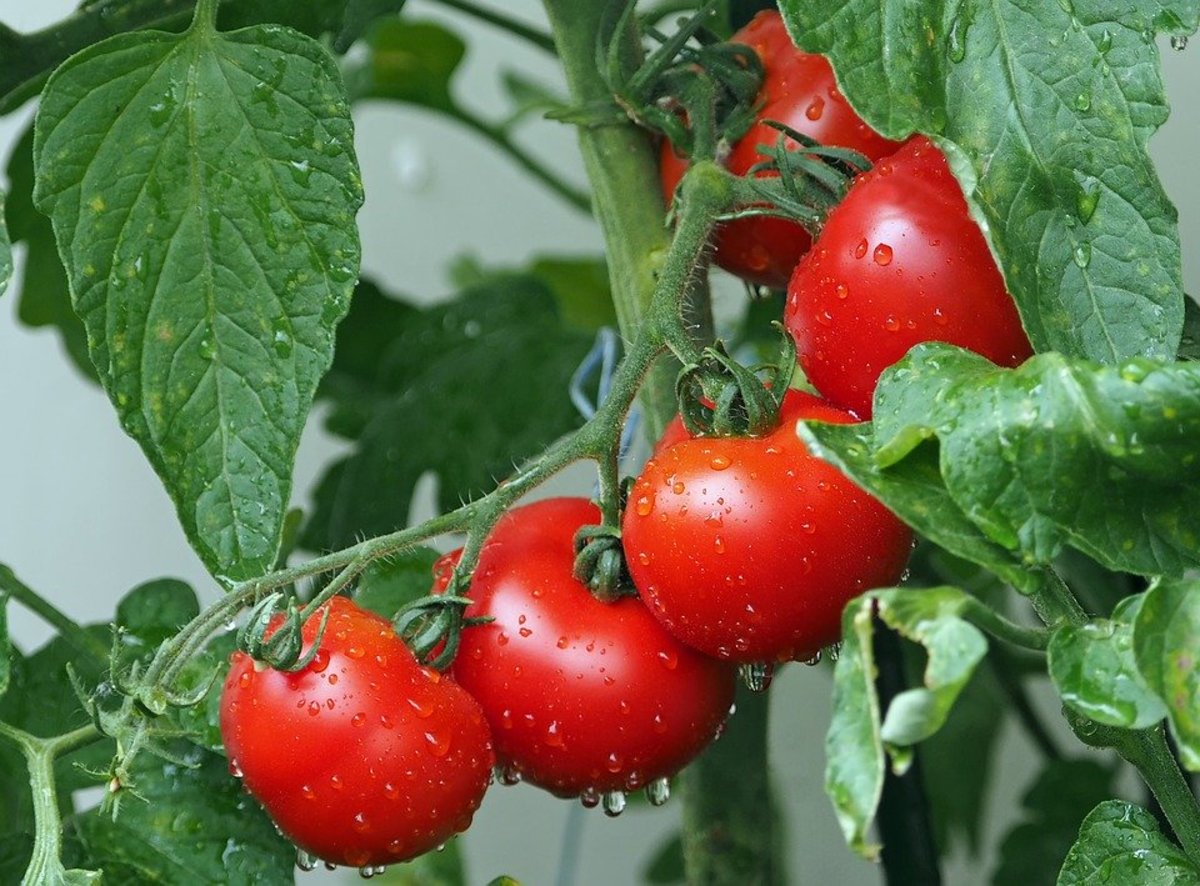Organically Grown Food - Is Organic Really Good?
Why Organic Is Good
Is organically produced food better for you? You may have been hearing more about organic food recently. The fact is that people in general are becoming more concerned about the environment that they live in and also how the environment and how food is produced can affect their health. We are consuming harmful chemicals used in food production every day, so it is no wonder that interest in organic food is growing. Here are four reasons why it is better for you.
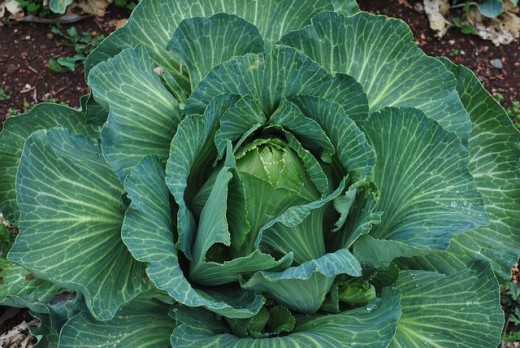
Tips on Growing an Organic Vegetable Garden
Four Good Reasons to Go Organic
1. Flavor! Organically produced vegetables, fruit and other crops, simply taste better. Anything grown without chemical interference will taste just the way nature intended.
2. Organic is better for your health. Thankfully the truly poisonous pesticides that used to be sprayed on our food crops are now banned – at least in most countries. But there are still harmful chemicals used in farming that could be carcinogenic or in other ways detrimental to our health. Organic farming does not use chemicals. Another plus on the health issue is that organically produced crops can contain considerably more antioxidants.
3. Organic agriculture is environmentally friendly. Because no harmful chemicals or pollutants are used, these cannot enter the soil or the water. Organic farms attract wildlife rather than poison it and preserve the environment.
4. Organic farming benefits the community. Organic farms tend to be on a smaller scale than huge traditional chemically enhanced intensive farming methods. However, organically produced food can command a higher price and therefore be more profitable bringing more money into the rural community.
We can only hope that some time in the future all food will be grown organically. There is no need to wait for organic farming to become the norm. You can start today by growing some of your own food at home and improve your health and save money at the same time.
So Is Organic Really Good? Yes it is!
Growing Organic Vegetables
Organic Gardening Books
Pests can Spoil Your Vegetables

Avoiding the Pests When Organic Gardening
Growing our own is officially on the up, with more and more of us finding that growing our own food not only eases our purses, but also offers increasing health benefits as we know exactly what has or hasn’t been added to produce, through our organic gardening approaches!
However, we’re not the only ones who want to enjoy the delights of our hard work in the garden, so how can we reduce pests without being reduced to using pesticides?
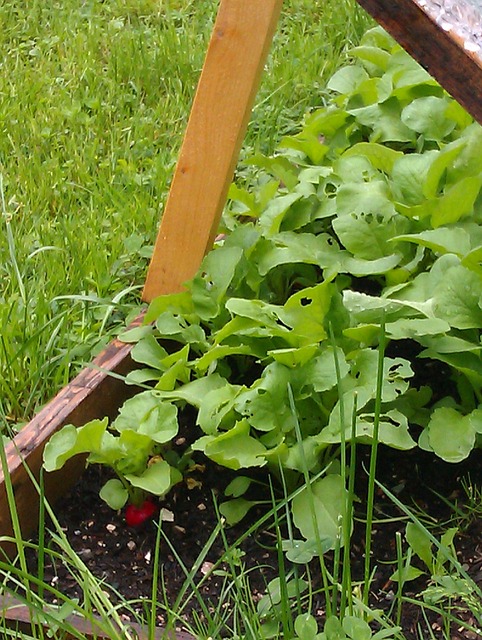
Organize Your Vegetable Garden to Deter Pests
Raised Beds
Start organizing your vegetable or produce garden with organic growth in mind. A good way to do this which immediately eliminates some pests is including raised garden beds into your growing plots. With raised beds you can optimize drainage (particularly if this is difficult in the rest of your soil), to keep your plants well drained ensuring that your seedlings have adequate moisture after watering without staying sopping wet, as where they become waterlogged they can be far more prone to gardens pests such as slugs and snails.
Raised bed gardening is easily facilitated through using pallet sides or planks to create enclosures in which you can grow produce. If you find that you have lots of slugs visiting your garden, incorporate some of the pallet wood planks to lie between the rows of the bed itself. This creates a ‘safe’ area of warmth and darkness for any visiting slugs to hide in, which makes it easy for you to pick them off each morning before they have time to hit your conveniently growing ‘breakfast bar’!
It can also be easier (and less unsightly) to cover a raised bed, rather than a whole section of garden with netting – another way to deter unwanted pests!
Building a Raised Bed Vegetable Garden
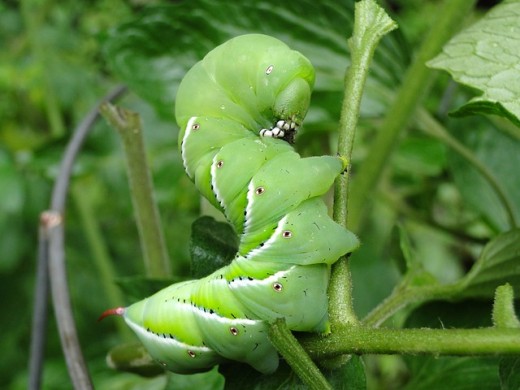
Strategic Planting to Deter Pests
Make use of strategic planting in your garden to reduce incidences of losing your produce to pests. This means looking at what plants complement each other’s growth in tandem with deterring unwanted visitors – a strategy which is useful both for organic gardening in raised garden beds or in more industrial allotment growing.
For example, slugs do not like marigolds, so growing these alongside your lettuces may well deter slugs in a very natural way. Take some time to research plants which complement each other in this way, or cast an eye over allotments to see what other people are doing (and what is working)!
Strategic planting also works by planting bushes, trees, shrubs, flowers and smaller plants which can act as a natural habitat for friendly garden insects who will be ‘predators’ to your unwanted visitors. Interspersing appropriate plants between your vegetable beds will enhance organic vegetable growing by keeping a ready supply of natural predators to see off these pests!
For example, ladybirds love nettles and will happily nest there over winter, so a small patch of nettles could supply you with the ladybird predators you need to see off a wide selection of garden aphids.
Don't Forget the Wild Birds
Lastly, do remember to use bird tables and nesting boxes to encourage birds into your garden: Blue tits can play a fabulous role in eliminating plagues of caterpillars and help you in your organic gardening venture!

Making an Organic Vegetable Garden Start to Finish
Does Strategic Planting Really Deter Pests?
Pest control can be a major problem in your organic vegetable garden. Without the use of chemical pesticides how can you keep common pests away?
Strategic planting often known as Companion Planting helps with this - or does it? Watch the following video to find out more.
Other Hubs on the Subject
- Container Gardening - Planters and Pots
Container gardening is not just for flowers! You can grow edible plants, herbs, salads and vegetables in the smallest spaces - here's how to use planters and pots. - Growing Your Own Vegetables and Fruit
With the current economic climate, choosing to grow your own food makes very good sense. As well as saving money, there are health benefits to eating fresh, home grown, organic produce. If you’re not... - Raising Chickens in Your Back Yard
Raising chickens is becoming increasingly popular not only in the farm but also in city and suburb back yards. It is seen as a great alternative to drastically decrease food costs and at the same time make... - Fun Activities with the Children: Bird Watching
Bird Watching is a great way to spend quality time with your children and gain fresh air and exercise at the same time!



